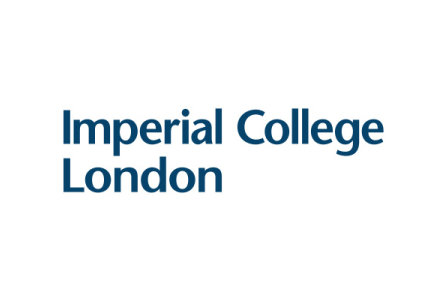Imperial College London: Global GP survey identifies promises and pitfalls of virtual care
A major international survey of GPs has identified the benefits and challenges of caring for patients remotely.
Data from over 1,600 primary care doctors across 20 countries, collected between June and September 2020, highlighted that while delivering care digitally brought a range of positive outcomes including lowering the risk of COVID-19 transmission and ensuring continuity of care during the pandemic, GPs also cited a number of concerns.
These included the risk of widening health inequalities by excluding people who do not have access to digital technologies, and delays in diagnosis and treatment due to not being able to perform physical examinations.
Led by Imperial College London, this is the first study of its kind to explore GPs’ perceptions of virtual consultations, offering unique insight into how the pandemic-driven shift towards digital care has impacted patient and healthcare provider experience.
“Learning from the experiences of GPs worldwide is imperative to shaping policies concerning these novel technologies and improving their use.”
Edmond Li
Institute of Global Health Innovation
The authors from the Institute of Global Health Innovation, in collaboration with other international partners, offer key recommendations to translate the findings into practical strategies to improve the quality and safety of remote care. These include continuous monitoring of people’s experiences and care quality, flexibility in health technologies policymaking which is responsive to the evolving needs of both healthcare providers and patients, and a coherent strategic commitment long term.
The findings have been published in PLOS Digital Health.
Edmond Li, study author from the Institute of Global Health Innovation, said: “Virtual care tools have proven their worth in supporting the delivery of many primary care services while minimising COVID-19 transmission and some of its consequences. However, as our research has highlighted, these benefits were not without their accompanying challenges such as digital exclusion of certain patient groups, patient preferences for in-person consultations, and healthcare provider burnout.
“Learning from the experiences of GPs worldwide is imperative to shaping policies concerning these novel technologies and improving their use in our ever-changing healthcare environment.”
Gathering GPs perspectives on digital care
Although virtual care – such as telephone consultations and online appointments – has been in use for decades, the pandemic rapidly ushered in a new era of digital healthcare.
To evaluate how this impacted GP care, researchers from the Institute of Global Health Innovation established a worldwide collaboration of primary care researchers spread across 20 countries*. Collaborators from each country invited GPs to fill out a survey about their use and experience of virtual care during COVID-19.
The benefits the team identified included reducing the risk of spreading COVID-19, guaranteeing access and continuity of care, greater efficiency, faster access to care, better communication with patients, and greater work flexibility for care providers.
“Processes must ensure that patients are presented with alternative options during their journey.”
Dr Ana Luisa Neves
Institute of Global Health Innovation
The data also identified challenges including patients’ preferences for face-to-face consultations, digital exclusion of certain groups including elderly and vulnerable people, and diagnostic challenges linked to the inability to carry out physical examinations. GPs also reported practical challenges such as higher workloads, payment issues, and technical difficulties.
Dr Ana Luisa Neves, Advanced Research Fellow from the Institute of Global Health Innovation, said: “Technological and regulatory landscape is dynamic, as are patients’ preferences. Virtual care platforms must be secure and reliable, but also flexible enough to accommodate evolving contextual, regulatory, and professional requirements – and processes must ensure that patients are presented with alternative options during their journey.”
The authors concluded: “Learning from this global natural experiment is critical to both updating existing and introducing new health technology policies concerning virtual primary care.”

